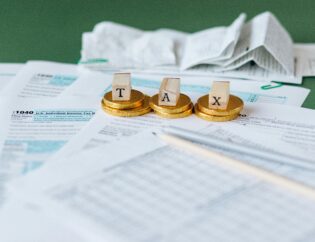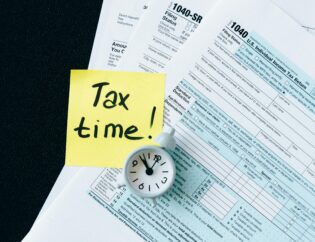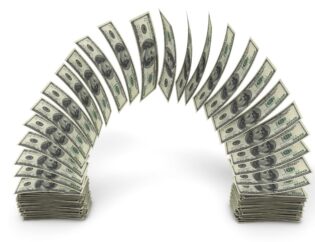
How to Exclude Taxable Gains for Homeowners
As your life and lifestyle changes you may decide that selling your main home is the best option. Then you find out that your house has appreciated at a rate that you could have never imagined. That may sound like great news until you find out you must pay taxes on your gains. Gains are recognized when you purchase property for a low price, then sell it for a higher price and earn a profit. This applies to your home, cars, and any other property that you may own.
The downside to high profits is the tax implications that may ensue. Don’t fear, with these easy steps you can plan to exclude gain from taxable income:
- Ownership - Property must be your main residence and not a vacation home. You must have owned your home for at least two years.
- Residence - Must have lived in the house for 24 months over 5 years. Can be non-consecutive.
- Limits - You may exclude $250,000 for a single tax return and $500,000 for a joint tax return.
Special forms must be submitted. Time frames and stipulations must be met. If you have questions about these gain exclusions, Lakeesha Browne, CPA is available to answer your questions. You may also book a consultation for this concern or any other accounting or tax needs. She is always happy and willing to help you with these matters.
Work Cited:
“Sale of Residence-Real Estate Tax Tips”. www. IRS.gov, 17 March 2023, www.irs.gov/businesses/small-businesses-self-employed/sale-of-residence-real-estate-tax-tips. Accessed 30 January 2024.










